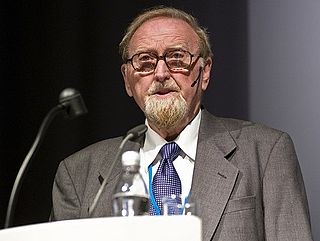Top 14 Quotes & Sayings by Clive Granger
Explore popular quotes and sayings by a British economist Clive Granger.
Last updated on April 20, 2025.
In 1973, I was offered a professorship at the University of California, San Diego. Although I was certainly not unhappy at Nottingham, I had been there over twenty years from starting undergraduate studies to Professor of Applied Statistics and Econometrics, and I thought that a change of scene was worth considering.





















